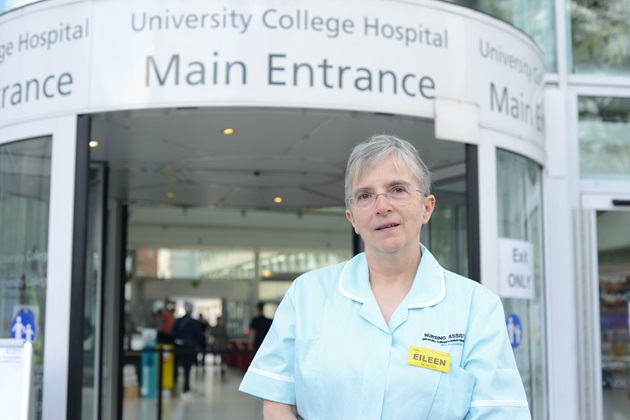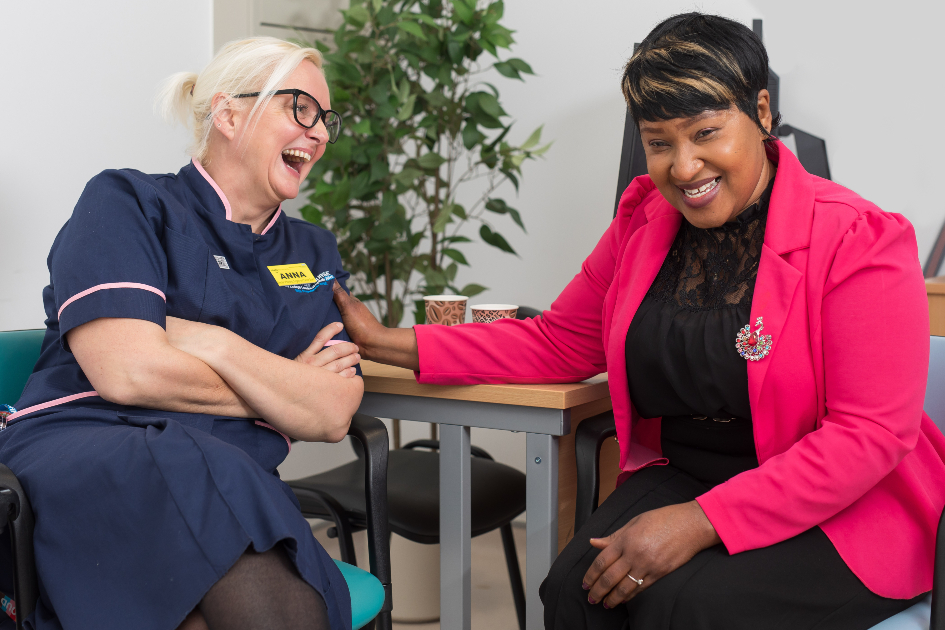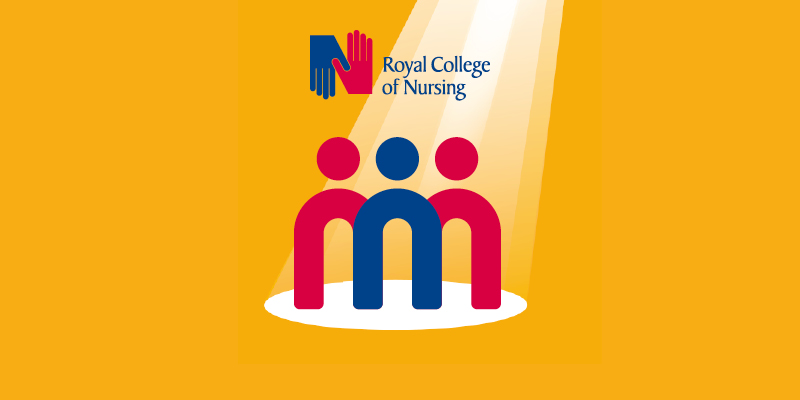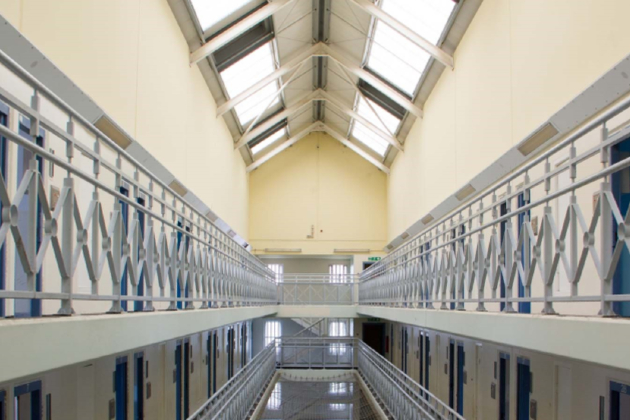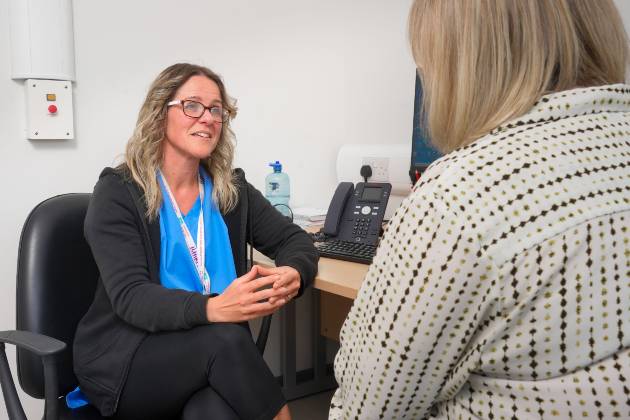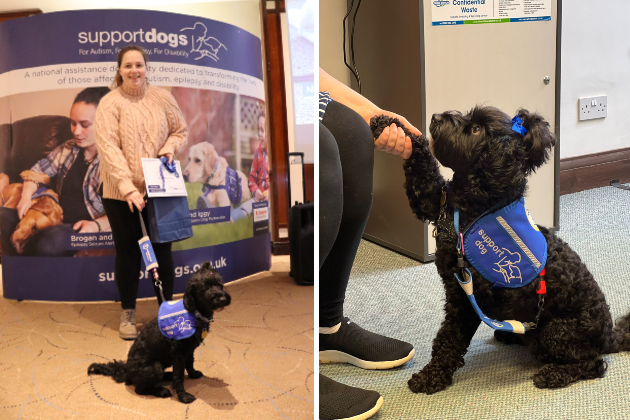Eileen Quinn, a senior health care assistant in an outpatients department, was redeployed for nine weeks to a high dependency respiratory unit at the height of the pandemic. She tells her story
It was clear that big changes were coming in the weeks running up to the peak of the pandemic. Appointments started taking place on the phone. Some stopped altogether. There were continuous updates on our intranet.
It was left to us to decide if we wanted to be redeployed and where we wanted to work. It felt very serious. I had to volunteer to do something and work where I was needed most. I know others felt the same.
So, with three others from my department, I moved to the high dependency respiratory unit in my workplace, University College London Hospitals NHS Foundation Trust.
The changes got me thinking and I made a will. I wasn’t frightened though. The training was thorough, managers were supportive and the matron was reassuring.
Many of us had our own rituals going in that first Monday. I said a prayer. We all wished each other luck and we followed the policies to the letter.
The changes got me thinking and I made a will
Donning and doffing
My work involved helping other staff with donning and doffing personal protective equipment (PPE). Relevant policies were clearly displayed on the walls, but I was there for safety and reassurance. I had a checklist to work through and I ensured everyone followed the right order.
Doffing was just as important – it was essential to take the mask off and wash hands correctly afterwards.
I met a lot of people in all kinds of roles and personalised things as much as I could. As time went on staff became more used to the procedures, got more confident and checked themselves in the mirror that was set up.
Bedside nursing
I was also involved in direct patient care at the bedside where I assisted registered nurses in their work. On the ward everything was planned and thought out, with a one-way system set up too.
Despite everything we were living and working through, I learnt so much from colleagues and we built a strong bond.
The ward managers were terrific. Many seemed young to me, but they were doing their management roles, being hands-on with patients while continuing to support us and keep up morale.
The future of nursing is safe in the hands of these amazing leaders. They have shown how they react in a crisis and it was truly impressive.
Challenges and positives
It was hard working with patients who couldn’t do the basics. Some would beg to go on the commode but often couldn’t manage it. Masks made communication difficult too, and that’s so important in my role.
Mouth care had to be incorporated when it could happen. If a patient’s oxygen mask was being removed, we worked quickly. Skin care was important too – we still did two-hourly turns to help prevent pressure ulcers.
Sometimes all we could do was make patients comfortable. That was hard. I was offered counselling and although I didn’t use it, I felt supported. I’m older so have lost family members and have experience of life. Not everyone was in that situation.
There were positives though. I learnt new ways to clean mouths using a special gel and, for the first time, I checked bowel movements for patients with naso gastric tubes, by watching for distention in their tummies. I also learned new tracheostomy skills and was involved with IV and needle site checks.
The technology I saw and used was outstanding. The use of iPads for patients to communicate with their families is well-documented but I also saw doctors doing ward rounds alone using 3D headsets to talk directly with colleagues elsewhere.
A new normal
I’m now back in outpatients and we’re working in a different way here too.
There are fewer patients in the department, as there are more phone clinics, and we still have a reduced number of staff.
Patients got the highest level of care
However, I knew I would want to reflect on my redeployment so I kept a journal and some other keepsakes like the card that came with a lovely cake that was delivered to us as a gesture of support.
The staff I worked with were amazing at every level. We did what we had to do. Everyone worked together in an exchange of knowledge and I know patients got the highest level of care.


